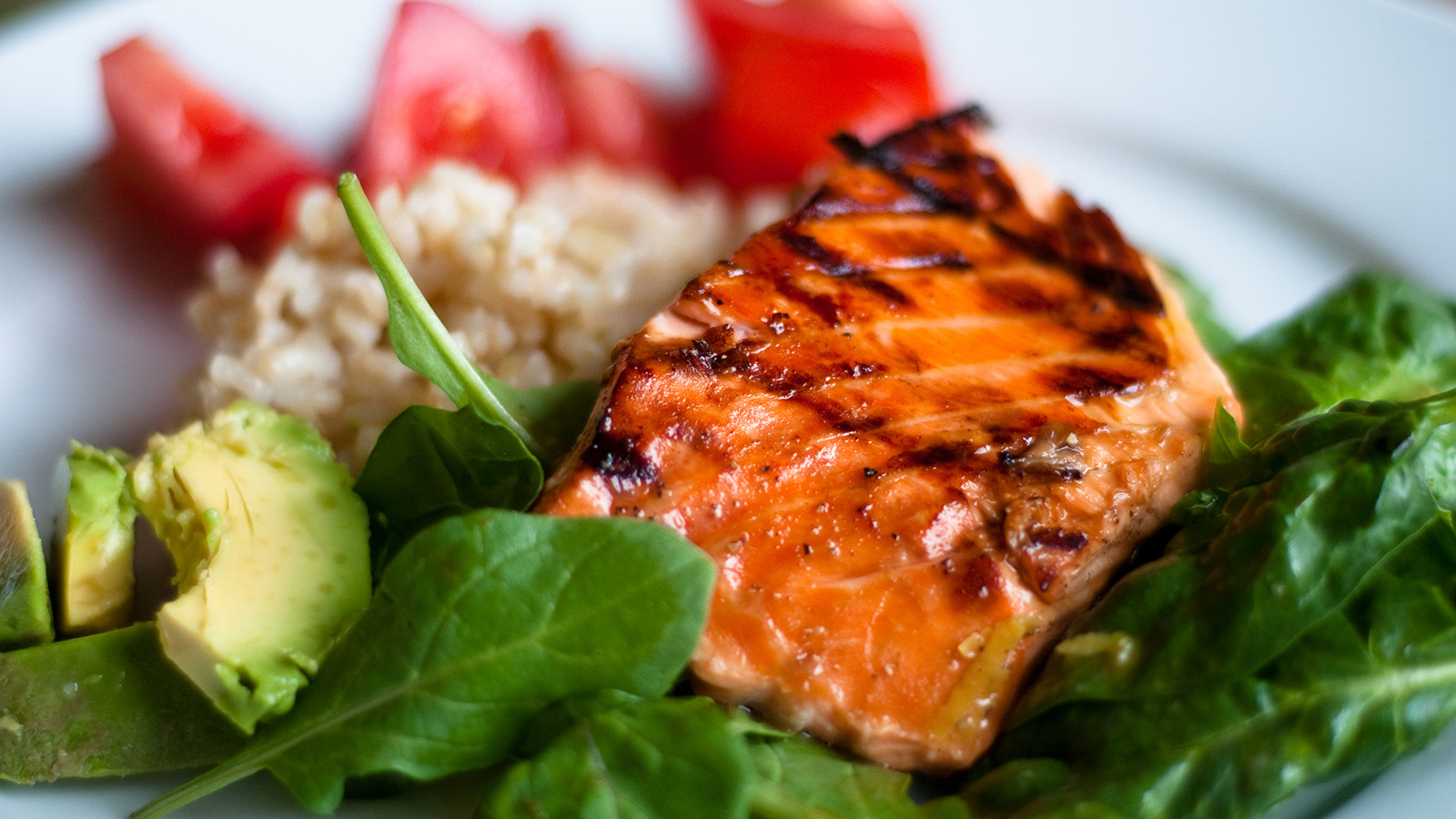Healthy Eating with Crohn’s Disease

With Crohn’s disease, maintaining a healthy diet and getting the nutrition you need can be a challenge. You may experience a loss of appetite or not want to eat because of your gastrointestinal (GI) symptoms. In addition, inflammation in your intestines, and even some of the medications you take, can interfere with the ability to absorb nutrients (called malabsorption). This can lead to nutritional deficiencies or even malnutrition.
Getting the right amount of nutrients is critical to maintaining your health. Complications from nutritional deficiencies and malnutrition can include:
- Weight loss
- Fatigue and loss of energy
- Growth delays in children
- Decreased bone health
- Low muscle mass
- Decreased ability to recover from illness or injury
- Decreased effectiveness of medications
Managing your nutritional needs depends on what parts of your GI tract are affected and how severe your symptoms are. You should work with your health care team or your CVS Specialty CareTeam to help ensure your nutritional needs are being met. While there is no one eating plan that works for everyone, there are some general guidelines for eating healthy with Crohn’s disease:
- Eat 4-6 small meals each day
- Stay hydrated
- Use simple cooking techniques like boiling, poaching or steaming
- Prepare meals in advance and stock up on “safe” foods that don’t trigger symptoms
- Keep a food journal to track what you eat and your symptoms
- Talk to your doctor about testing for vitamin or mineral deficiencies, including iron, vitamin B12, and vitamin D
If you’re currently experiencing a flare-up of your symptoms, there are certain foods that may be easier on your digestive system, which include:
- Refined grains: Sourdough, potato or gluten-free bread, white pasta, white rice, oatmeal
- Low-fiber fruits: Bananas, cantaloupe, honeydew melon, cooked fruits
- Fully cooked, seedless, skinless, non-cruciferous vegetables: Asparagus tips, cucumbers, squash
- Lean sources of protein: Fish, white meat poultry, lean cuts of pork, soy, eggs, firm tofu
- Lactose free dairy: Lactose free milk, yogurt, hard cheese (cheddar, parmesan)
If you’re eating less than usual or if you’re losing weight, talk to your doctor or dietitian about protein shakes or nutritional supplements that may help. You can also call your CVS Specialty CareTeam if you have questions or concerns.
This information is not a substitute for medical advice or treatment. Talk to your doctor or health care provider about your medical condition and prior to starting any new treatment. CVS Specialty assumes no liability whatsoever for the information provided or for any diagnosis or treatment made as a result, nor is it responsible for the reliability of the content.
CVS Specialty does not operate all the websites/organizations listed here, nor is it responsible for the availability or reliability of their content. These listings do not imply or constitute an endorsement, sponsorship, or recommendation by CVS Specialty.
Your privacy is important to us. Our employees are trained regarding the appropriate way to handle your private health information.
